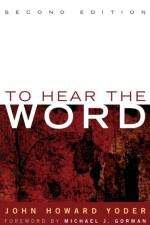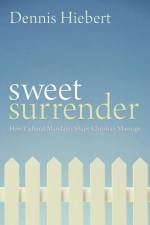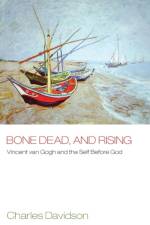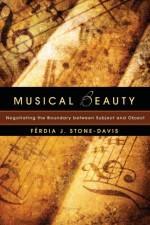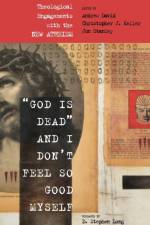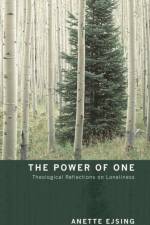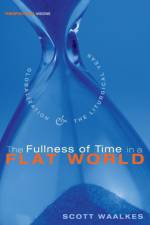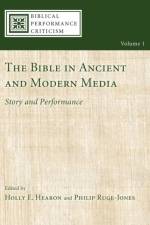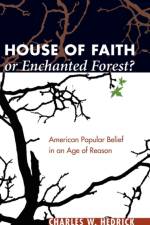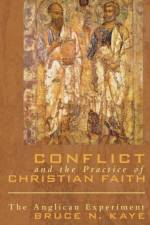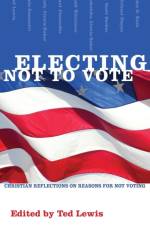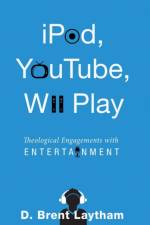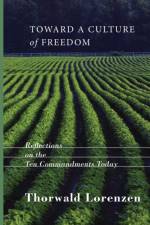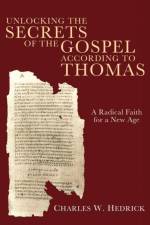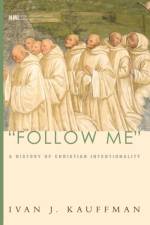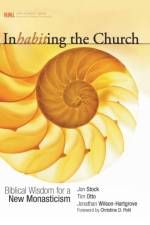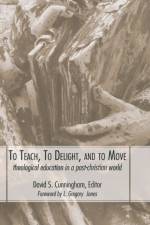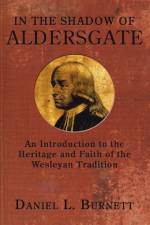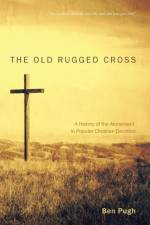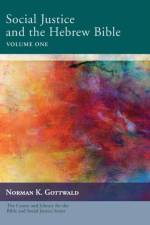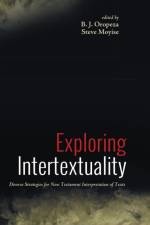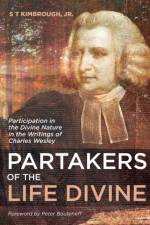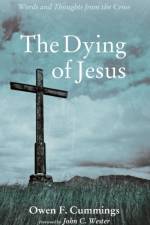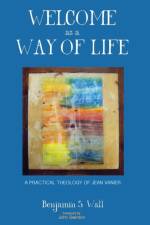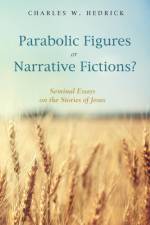535,-
In this pertinent and engaging volume leading Christian philosophers, theologians, and writers from all over the denominational map explode the black-and-white binaries that characterize both sides of the New Atheism debate. They transcend the self-assured shouting matches of this latest expression of the culture wars by engaging in rigorous, polychromatic Christian reflection that considers the extent to which the atheistic critique-both new and old-might help the church move toward a more mature faith, authentic spirituality, charitable witness, and peaceable practice. With generous openness and ferocious wit, this collection of essays, interviews, memoir, poetry, and visual art-including contributions from leading intellectuals, activists, and artists such as Stanley Hauerwas, Charles Taylor, John Milbank, Stanley Fish, Luci Shaw, Paul Roorda, Merold Westphal, and D. Stephen Long-provides substantive analysis, incisive critique, and a hopeful way forward for Christian dialog with atheist voices.""I was watching a TV documentary the other night that featured several highly religious parents dealing with their highly addictive adult childrens'' drug and sexuality issues. ''Their faith seems to make them worse parents and worse people,'' I said to my wife after the last commercial. I feel the same way when political leaders bring in religion to justify the unjustifiable, as they too often do. That''s why I am so grateful for this brilliant book: atheism isn''t just something to oppose or refute--it also can be a mirror, with much to teach us believers about ourselves and our distorted and unworthy ideas about God and religion. The atheist too is our neighbor, and God may want to speak to us all through the incisive insight of an honest atheist. Highly, highly recommended.""--BRIAN MCLARENauthor of Everything Must Change: Jesus, Global Crises, and a Revolution of Hope""The very shape of this book is a response to the New Atheism precisely because it refuses their narrow imagination and rationalist fundamentalism. Instead of playing by their rules, this book imagines faith otherwise in a stunning collection of poetry, prose, interviews, and images. It is an intellectual feast which seats us at the table with some of the most significant voices of our day.""--JAMES K. A. SMITHauthor of The Devil Reads Derrida: And Other Essays on the University, the Church, Politics, and the Arts""In this exceptionally readable and engaging volume of essays--ranging from the accessibly academic to the largely belletristic--the diverse authors, along with their editors, pose one of the most effective answers to the so-called ''new atheists'' that has come down the pike in recent years. Avoiding both the baroque scholasticism of so much contemporary postmodernist philosophy and the kitschy special-pleading of many popular theologians, God is Dead and I Don''t Feel So Good Myself is special soul food for today''s thinking Christian. . . . The book is a must read for all those frustrated onlookers who feel the new atheists have received far more attention than they deserve.""--CARL RASCHKEauthor of The Next Reformation and GloboChrist""A rich, diverse nuanced collection of essays, interviews, musings, poetry, and art that together add up to a generous, engaging response to the New Atheism. Readers will either be shocked or unsurprised to learn that the ''god'' declared dead by the New Atheists turns out not to be the God of Abraham, Sarah, Isaac, and Jacob that Christians affirm. God is not an explanation. This volume makes a strong case that the appropriate response to the resurgent atheism is not better arguments, but patient humility, and the practice of gratitude with the fruit of wonder, and the honey of love.""--James H. Olthuis, Institute for Christian Studies, Toronto, Emeritus ""Through insightful essays, penetrating conversations, and beautiful poetry, ''God is Dead'' and I Don''t Feel So Good Myself brings thoughtful theologians, philos

